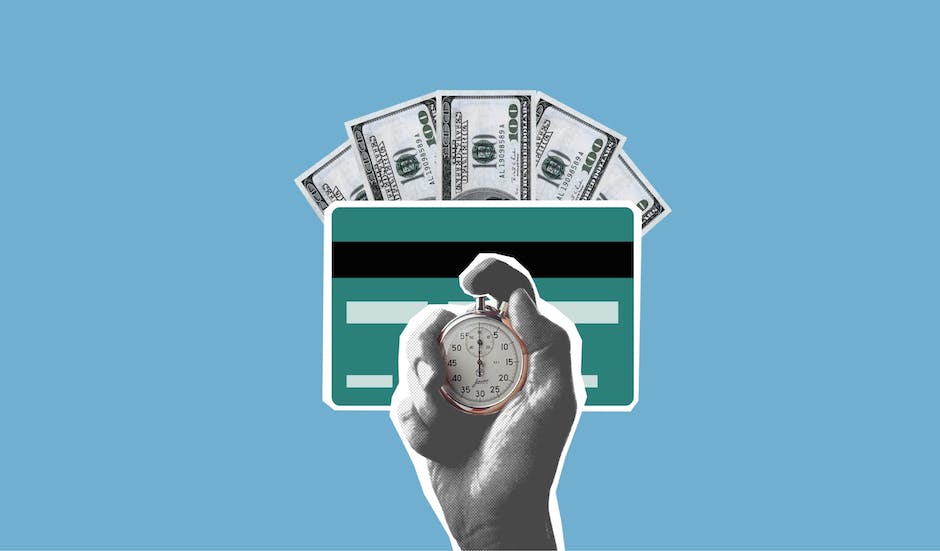As a bustling state with a diverse housing market, Maryland has a comprehensive set of laws and regulations dealing with tenant income verification. The process involves assessing a tenant’s earnings to ensure they are able to meet their rental obligations, thereby reducing the risk of financial losses for landlords. Moreover, it guarantees fairness and transparency among all parties. Understanding these laws, methodologies used in verification, and potential challenges during this process, is paramount for both landlords and tenants. This comprehensive overview seeks to demystify the concept of tenant income verification in Maryland, providing clarity on the policies, the verification process, and how to navigate any potential challenges that may arise.
Understanding Tenant Income Verification
Understanding Tenant Income Verification
Tenant income verification is a crucial process that involves certifying a tenant’s sources of income and making sure it’s adequate to cover the rent. This method assists landlords in choosing financially stable tenants, reducing chances of evicted dues nonpayments. However, it’s equally useful to tenants as it ensures they don’t end up in a leasing agreement they can’t afford. In Maryland, it’s a legal requirement for landlords to verify tenant income before proceeding with the lease signing.
The Spectrum of Income Sources
Income can come from various sources beyond just a full-time job. Part-time jobs, social security benefits, child support, disability benefits, pensions, veterans benefits, and investment returns can all be part of the tenant’s income. Any regular inflow of funds that can be documented and verified can be considered as income. Note, the proof for these incomes are a prerequisite in Maryland before a lease contract is issued.
The Importance of Income Verification
Income verification represents more than a procedural necessity—it’s a key determinant of a financially stable lease agreement for both tenants and landlords. Apart from forging a secure deal, income verification also meets the legal requirements stipulated in Maryland, fostering transparency and fairness in tenancy interactions. Non-compliance with these mandates can invite legal troubles, underscoring the landlords’ need for rigorous income verification.

Maryland’s Policies on Tenant Income Verification
A Closer Look at Maryland’s Tenant Verification Laws
Maryland sets out explicit laws concerning tenant income verification, which landlords and property managers must follow. Central to this is the need for valid income documents supplied by the placing tenant—this could be W-2 forms, pay stubs from recent periods, tax return forms, or further evidence of income such as alimony, child support, or social security benefits. Remember, Maryland’s explicit laws forbid landlords from discriminating based on the legal source of a tenant’s income.
Rights and Responsibilities in Tenant Income Verification
In addition to requiring documentation, Maryland’s tenant verification process is regulated to protect the rights of both parties. Landlords in Maryland must be mindful of the Federal Fair Housing Act, which prevents discrimination against potential tenants based on aspects such as race, religion, and familial status. Furthermore, under Maryland law, landlords have the responsibility of ensuring a tenant’s income is justifiably reliable and capable of covering the rental costs. If an application is rejected due to insufficient income or poor credit score, landlords must provide a valid reason in writing. Likewise, tenants must furnish factual and up-to-date income information to avoid fraudulent circumstances.
Both tenants and landlords evidently have a keen interest in comprehending the nuances of Maryland’s tenant income verification process. The importance of basing rental agreements on legitimate, fair factors and the significant role documentation plays in verifying income levels ensure that the rental industry in Maryland remains transparent and equitable according to the state’s regulations.

The Process of Tenant Income Verification in Maryland
Process Overview
In Maryland, tenant income verification is a routine procedure executed by landlords or property managers to confirm that potential renters have sufficient means to meet the rent obligation. As part of this process, you, as a landlord or a property manager, would require tenants to submit necessary income-related documents. Generally, these include pay slips, W-2 forms, tax returns, or alternatively, an employment verification letter from the employer detailing the individual’s job status and wage details.
Understanding Your Rights
It’s essential to understand your rights as a consumer during the income verification process. Landlords are mandated by the Federal Fair Housing Act to consistently apply the same income verification standards to all tenants. This means the process should not be random or discriminatory. Furthermore, every state, including Maryland, enforces its own privacy laws. While landlords have the right to verify your income, they are prohibited from prying into irrelevant personal financial details further than what is necessary to establish your ability to pay the rent. To protect your privacy, don’t hesitate to inquire about why certain information is being requested, and how it will be used and safeguarded.

Potential Challenges and Solutions in Tenant Income Verification
Process of Income Verification for Maryland Tenants
The process of income verification for Maryland tenants can be a bit complex, particularly when the tenant’s income is inconsistent, generated through self-employment, or falls within the low-income bracket. Inconsistencies can arise if a tenant’s income comes from multiple sources or fluctuates from month to month or year to year. As a landlord, to reduce these uncertainties, it’s advisable to ask for comprehensive documentation, such as pay slips, tax returns, or bank statements. This helps provide a clearer, reliable picture of the tenant’s income and allows for more accurate income verification.
Self-employed Applicants
Self-employed applicants are another common challenge. They might not have typical proof of income like pay stubs. In these instances, landlords can accept tax returns, which every self-employed person should have. They give a clear picture of the tenant’s annual income. Alternatively, bank statements showing regular deposits could also be a good indicator.
Low-income Tenants
For low-income tenants who may not meet the commonly required income-to-rent ratio, landlords can explore alternatives such as Section 8 vouchers, a government-backed subsidy program aimed at helping low-income families secure housing. This program can directly pay a portion of their rent, thus ensuring that the tenants meet their lease requirements. Maryland law requires landlords to take Section 8 vouchers and other lawful sources of income. Therefore, it is crucial to familiarize yourself with these programs to implement a fair and legal income verification process.

The dynamics of tenant income verification, despite appearing complex, can be navigated effectively once both tenants and landlords acquaint themselves with Maryland’s specific laws and their respective rights and responsibilities. These robust regulations not only guide the verification procedure but also offer solutions to possible challenges such as inconsistent incomes or self-employed applicants. Armed with this understanding, landlords can implement a comprehensive, fair, and legally compliant income verification process, while tenants can ensure their rights are protected. The subsequent harmony in the landlord-tenant relationship allows for a sustainable rental market in Maryland where everyone’s interests are catered for.
